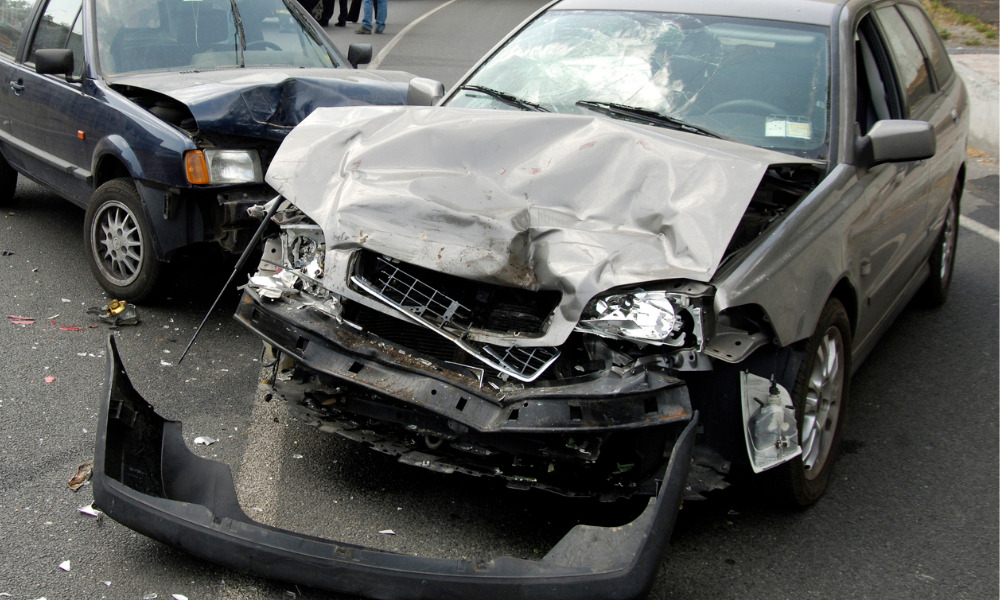
Vicarious liability arises through consent of owner, not owner's family member

Operating a motor vehicle requires actual physical control over the vehicle, the British Columbia Court of Appeal has ruled.
B.C.’s appeal court rejected the secondary agency theory in its interpretation of the words “to operate” in the Motor Vehicle Act, R.S.B.C. 1996, c. 318 (MVA).
In Bowe v. Bowe, 2022 BCCA 35, Tyler and Dale Bowe sustained severe injuries in a motor vehicle accident. The car was owned by Roy Boltz, Tyson’s stepfather, and was taken without his knowledge or consent. At the time of the accident, Dale was driving while Tyson was a front seat passenger.
Tyson sued Dale and Boltz for negligence, which the jury allowed against Dale but dismissed against Boltz. Tyson also claimed vicarious liability against Boltz under s.86(1)(a) of the MVA.
Section 86(1)(1) of the MVA provides that “in an action to recover damages arising out of the use or operation of a motor vehicle, a person driving or operating the motor vehicle who is: (a) living with, and as a member of the family of, the owner; or (b) acquired possession of the motor vehicle with the consent, express or implied, of the owner, is deemed to be the agent or servant of the vehicle’s owner, employed as such, and driving or operating the motor vehicle in the course of his or her employment with that owner.”
The trial judge ruled that Boltz met all the conditions under the MVA and was held vicariously liable for Dale’s negligence.
Tyson appealed, but later discontinued his appeal. Boltz cross-appealed, alleging that neither common law nor statutory conditions were satisfied in this case.
The appellate court agreed.
The central question to the cross-appeal was the interpretation of the provision of the MVA, particularly whether Tyson was “operating” the vehicle even though he was a passenger when the accident occurred, said the appellate court.
The appellate court agreed with Boltz that to operate a vehicle, the “operator” must generally have physical control over the vehicle. Therefore, since Tyson was a front seat passenger, he was not operating Boltz’s vehicle.
“[To] conclude that a passenger who neither directs nor counsels the driver to operate the vehicle in a negligent manner is, nevertheless, ‘operating’ the vehicle pursuant to s. 86(1) runs too far afield from the ordinary meaning ascribed to the operation of a motor vehicle,” said Justice Gregory Fitch of the B.C. Court of Appeal.
The appeal court also rejected Tyson’s secondary agency theory – that Tyson’s consent to Dale’s driving triggered vicarious liability – as it was not supported by the language of the provision. Authorities had established that an owner will be vicariously liable only if the driver or operator of the vehicle acquired it with consent — express or implied — by the owner, said the court.
Thererfore, “the consent given by Tyson for Dale to drive did not make Mr. Boltz vicariously liable for the loss caused by Dale’s negligent acts,” said the court.